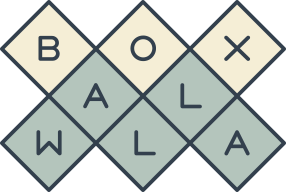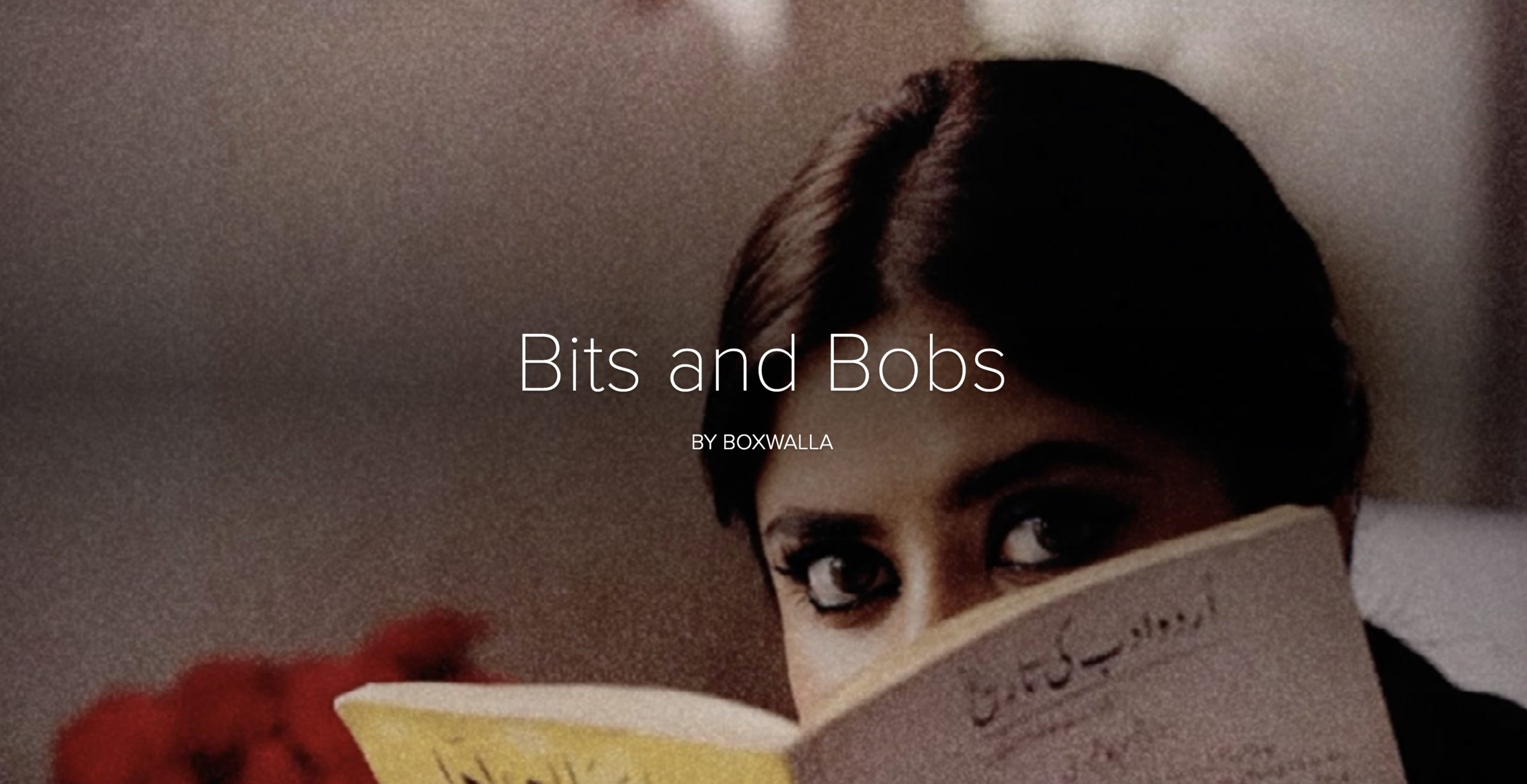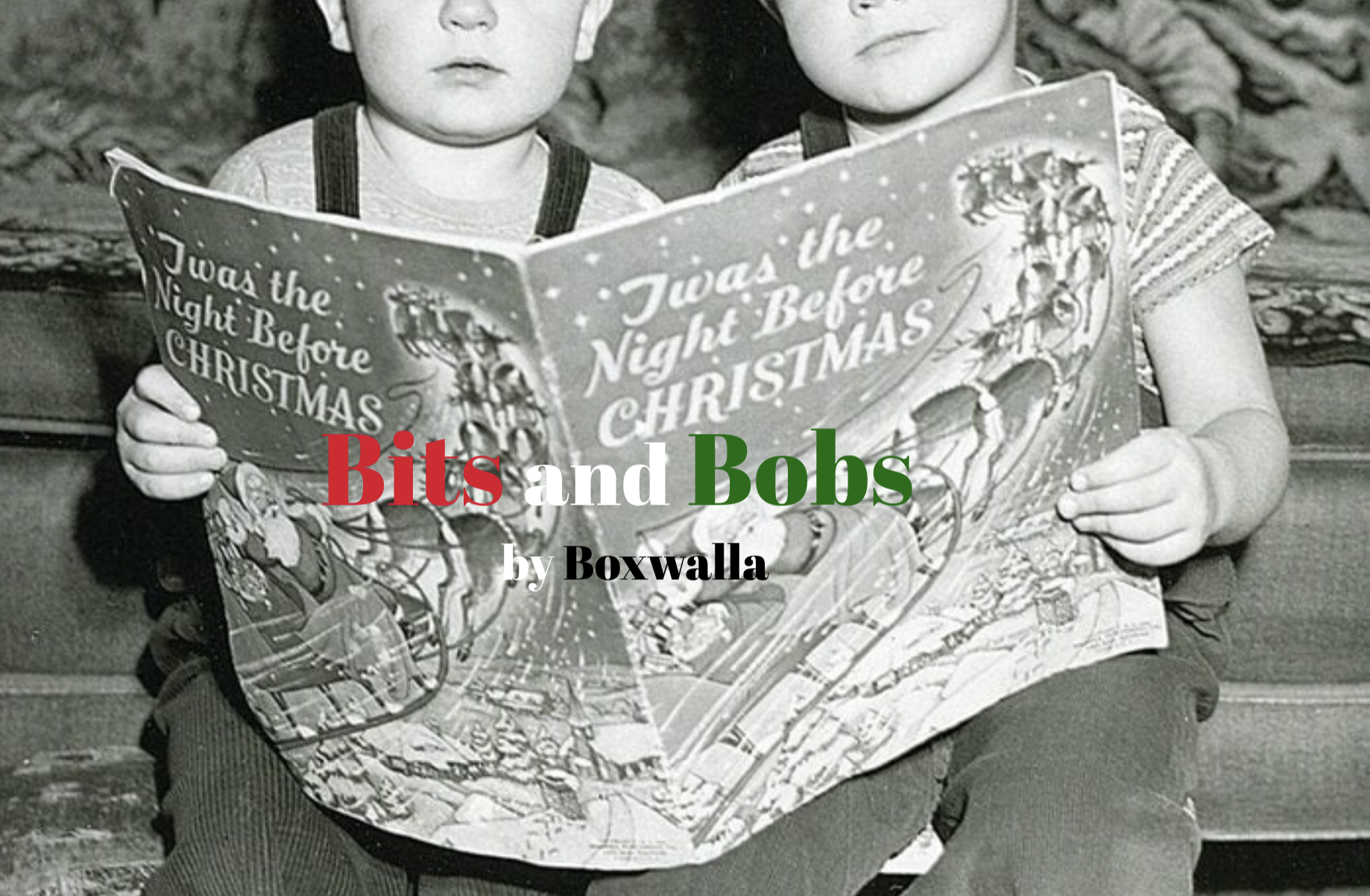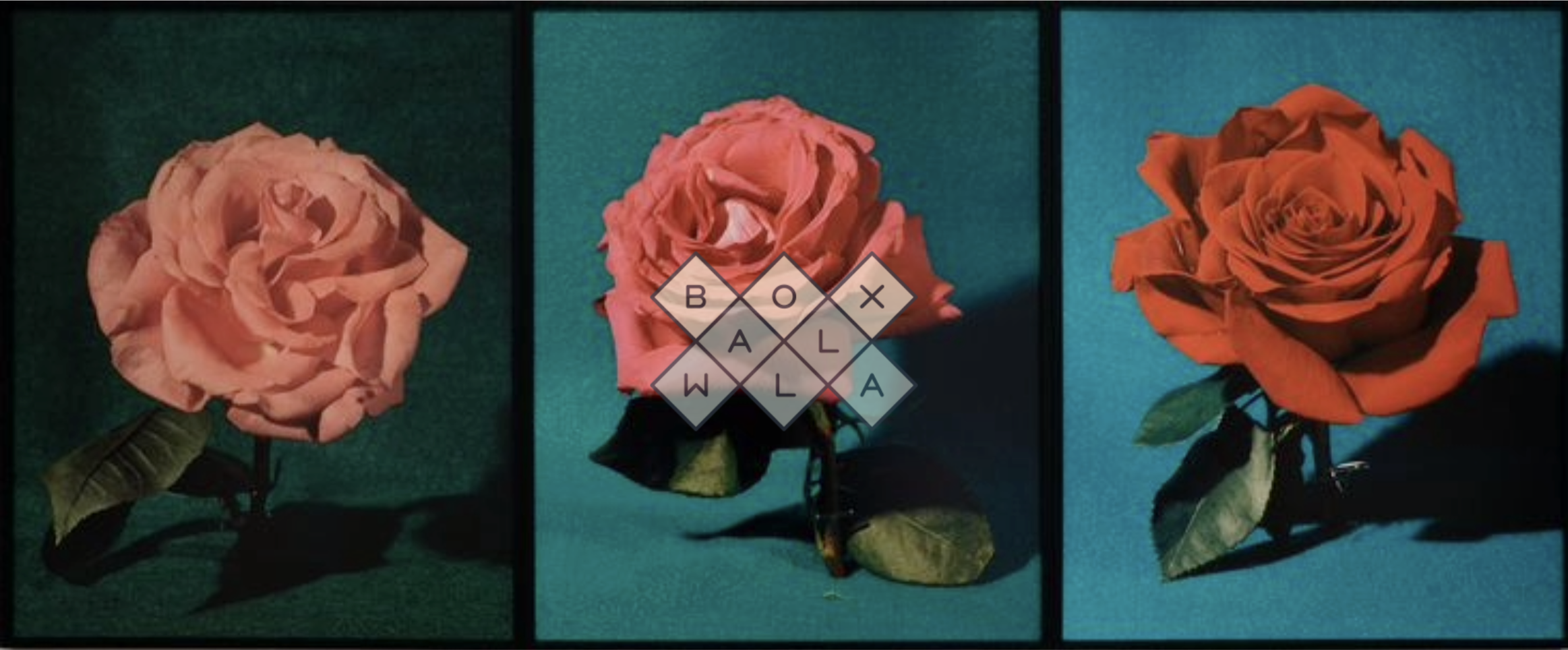“Since the day I found her, it felt as if a spell was cast on this corner of the Earth.”
The path near the barn where I lived was a short, unpaved track leading along the edge of a cornfield. I was deep in my thoughts one day, walking down this slope towards a narrow country lane, when I was brought up short by a tiny creature facing me on the grass strip running down the track’s center. I stopped abruptly. Leveret. The word surfaced in my mind, even though I had never seen a young hare before.
The animal, no longer than the width of my palm, lay on its stomach with its eyes open and its short, silky ears held tightly against its back. Its fur was dark brown, thick and choppy. It blended into the dead winter landscape so completely that, but for the rapid rise and fall of its flanks, I would have mistaken it for a stone. Its jet-black eyes were encircled with a thick, uneven band of creamy fur. High on its forehead was a distinct white mark that stood out like a minute dribble of paint. It did not stir as I came into view, but studied the ground in front of it, unmoving.
[An excerpt from Raising Hare by Chloe Dalton, published by Canongate.]
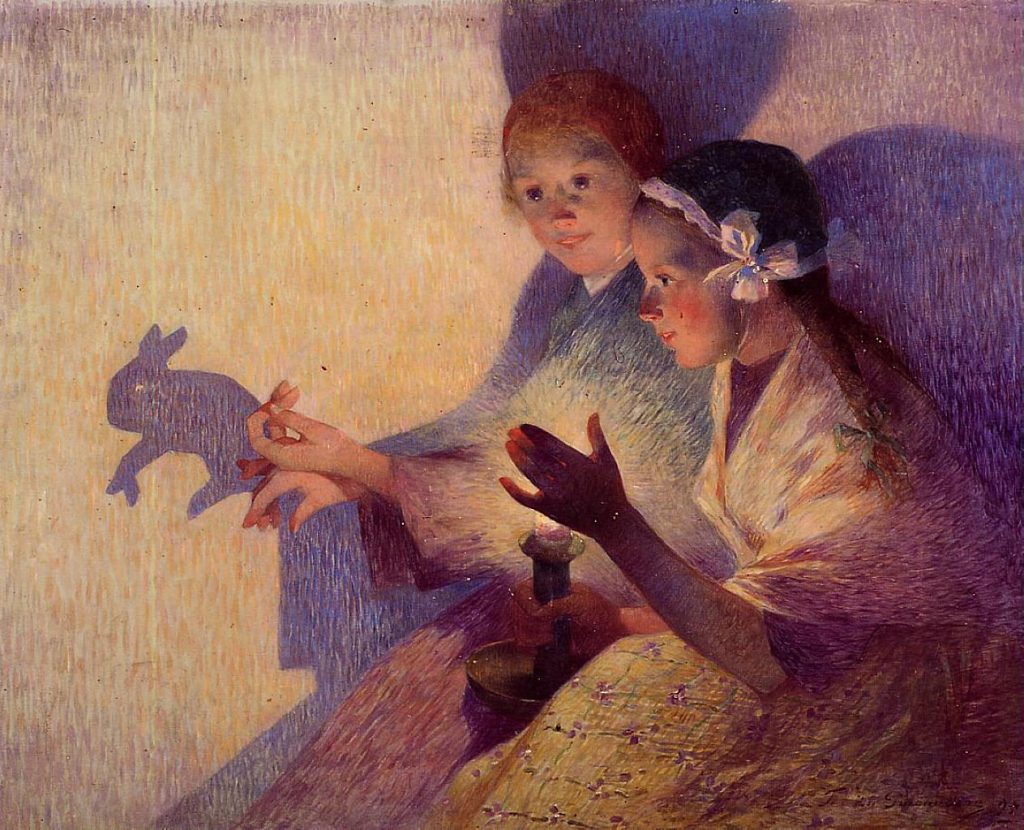
Being Twenty in Iran
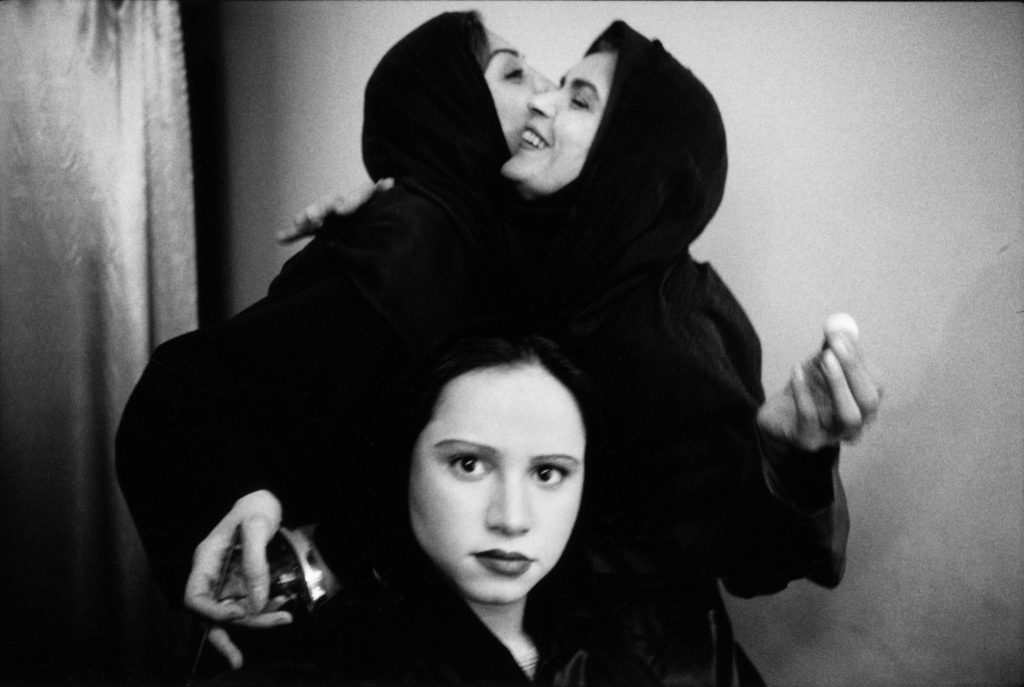
In love with Isabelle Eshraghi‘s work. Above: City Theatre, backstage. Sarah a young actress in the make up room before going on stage in a Woody Allen play.
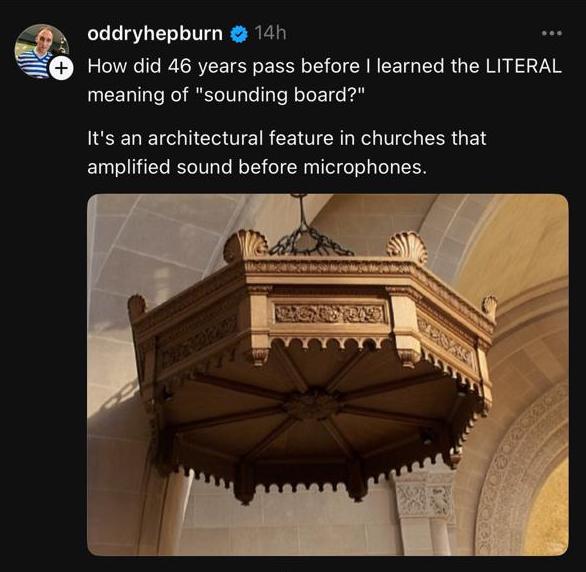
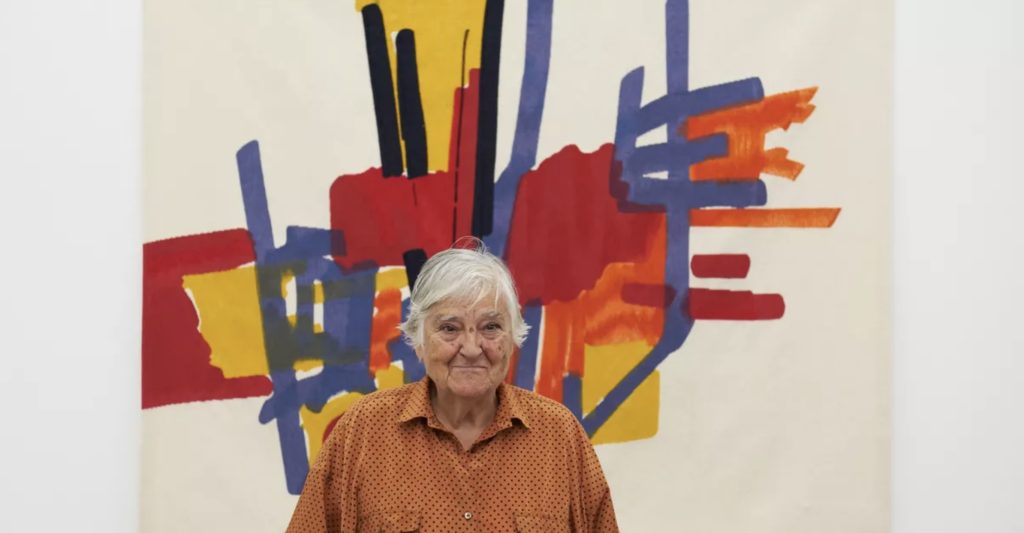
Etel Adnan was a Lebanese-American poet and artist. Born in 1925, she grew up in Beirut and moved to California in the 1950s when she was 24. Laure Adler in The Paris Review interview with Etel Adnan: “I first came to Etel to ask questions. Very soon I was coming back to see her, to be with her, to be in the delight of being with her.”
It Was Beirut, All Over Again by Etel Adnan
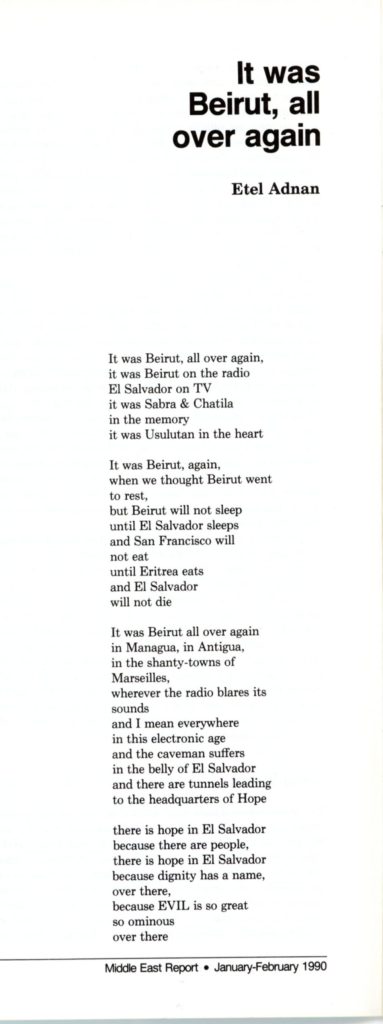
[The above is an extract, read the complete poem here].
“‘It Was Beirut, All Over Again’ is surprisingly not about Beirut. Or at least it is not primarily about Beirut. Instead, in Adnan’s poem the city is multiple: not quite a metaphor, but also not quite itself. It is Palestine, it is El Salvador, it is San Francisco, Managua, Antigua, Marseille. The poem captures what it is like to mourn the world, to absorb it and its violence, through Beirut. It paints the twinned singularity and universality of violence; how claustrophobic violence can feel, how expanding it is to understand that your catastrophe—or apocalypse, to borrow Adnan’s rendering—is not exceptional.”
And read the rest of this piece from 2021 by Maya Mikdashi here.
